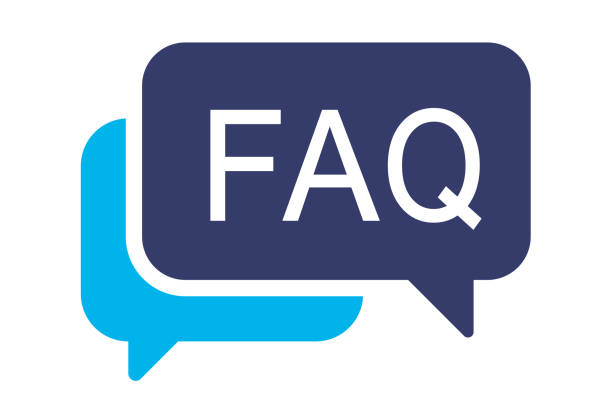FREQUENTLY ASKED QUESTIONS (FAQS)
QUALITY ASSURANCE
- QUESTION: WHATIS ACCREDITATION?
A formal process by which a recognized body, assesses and recognizes that an organization meets applicable, pre-determined standards. Specifically colleges and universities are granted approval through this process indicating that the institution has met certain requirements.
- QUESTION: WHAT IS THE ROLE OF THE ASSESSMENT TEAM (AT)?
The Assessment Team (AT) visits departments to assess and evaluate academic programs in accordance with the guidelines of the Higher Education Commission. It is formed by the Vice Chancellor on the recommendation of the QEC and is required to: – Evaluate the Self Assessment Report prepared by the PT (Rubric Evaluation). – Conduct an assessment, submit a report and present its findings in an exit meeting of Head QEC, Dean, HoD, PT and faculty members.
- QUESTION: WHAT IS THE ROLE OF THE PROGRAM TEAM (PT)?
The Program Team (PT) collects and records information/data related to an on-going program in a department, as per the requirements of the Self Assessment Manual, and prepares the Self Assessment Report. It has to get various proformae filled to complete the report. The Program Team is formed by the HoD and comprises two or three faculty members from within the department. The responsibilities of a Program Team (PT) include: -Compiling the report by responding to each criteria/ standards given in the SA manual and integrating the collected information / feedback. -Collecting relevant data on faculty, students, libraries, laboratories and infrastructure. Getting SA Performae filled by faculty, students, alumni and employers. -Writing summaries of feedback received through Performae. -Analyzing the feedback and drawing conclusions. -Writing a foreword giving brief history of the program, particulars of the PT, date of starting / finalizing report writing. -The report may be signed by the convener / chairperson of the program team.
- QUESTION: WHAT IS SELF-ASSESSMENT (SA)?
Self-Assessment (SA) is an evaluative exercise conducted by the institution/ department itself to assess whether or not programs meet their educational objectives and outcomes. It is done to improve the program’s quality and enhance the students’ learning, along with establishing acceptable norms of reliability and validity in the university’s certified output.
- QUESTION: WHAT IS QUALITY ASSURANCE AGENCY (QAA)?
The Quality Assurance Agency (QAA) is established at the Higher Education Commission (HEC), Islamabad. It is responsible for improving and monitoring the quality of higher education in Pakistan. It provides guidelines to the institutions of higher education for quality enhancement through both external and internal assessment reports developed at the Quality Assurance Directorates (QADs) or Quality Enhancement Cells (QECs) located at different universities in the country.
- QUESTION: WHAT ARE THE AIMS OF THE QUALITY ASSURANCE DIRECTORATE (QAD) at NUST?
The QAD at NUST is committed to continuous improvement. It focuses on developing a ‘quality’ culture in the university. It aims to regularly assess and review the performance of academic programs in the university, based on the national and international parameters of quality and excellence in teaching and research. The QAD helps the departments in preparing Self-Assessment Reports of academic programs in accordance with the guidelines given by the HEC.
- QUESTION: WHAT IS THE QUALITY ASSURANCE DIRECTORATE (QAD) OR THE QUALITY ENHANCEMENT CELL (QEC)?
The QAD or QEC at NUST was established through the persuasion of the Quality Assurance Agency (QAA) of the Higher Education Commission (HEC), Pakistan, in the year 2005. It is monitored, regulated and guided by the Quality Assurance Agency of the HEC for the implementation of QA policies / programs. The HEC administers all assessments, documentation and quality assurance procedures in the universities through the QAD/QEC.
- QUESTION: WHAT IS QUALITY ASSURANCE (QA)?
Quality Assurance (QA) is defined as the planned and systematic review process of an institution or a program to determine whether or not acceptable standards of education, scholarship and infrastructure are being met, maintained and enhanced.
